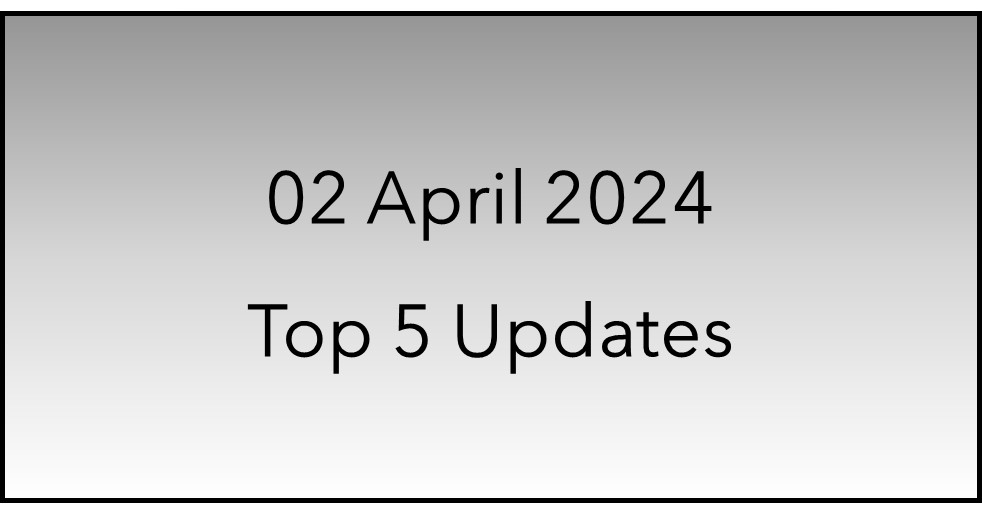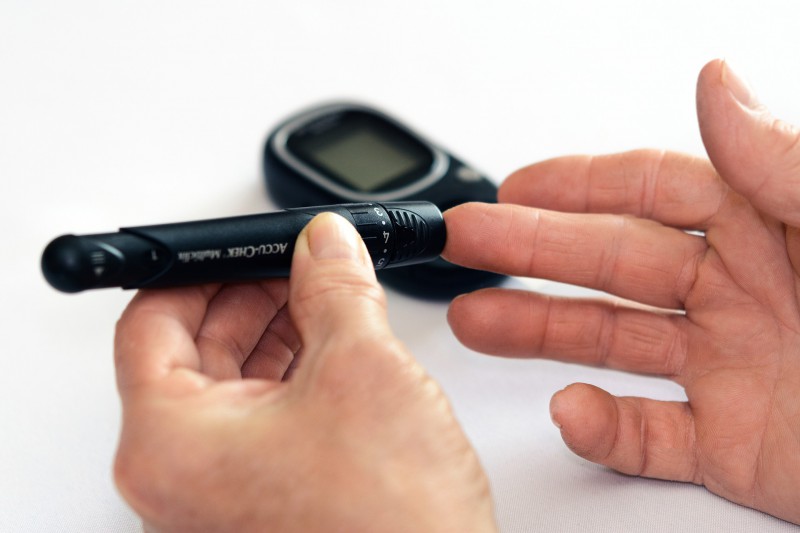The Ministry of Health and Family
Welfare in India has notified the Draft Medical
Devices (… Amendment) Rules, 2019 (Draft Rules) for public comments on
October 18, 2019. By notifying these rules, the Indian Government has made its
intention clear to regulate all medical devices in a phased manner. As of date,
only twenty-three categories of medical devices are regulated by the Indian
Government. Thirteen categories of medical devices will be regulated from the
year 2020.
Highlights
Amendment to Medical Devices Rules,
2017: The Draft Rules will be incorporated within the existing
Medical Devices Rules, 2017 (MDR). This is an important fact considering some
news reports had indicated that the Union Government was planning to completely
overhaul the medical device regulatory framework which would have affected the
medical devices that are currently regulated, as well. Thus, medical devices
which are presently regulated should not be impacted upon formalization of the
Draft Rules.
New registration requirement:
All medical device manufacturers and importers will have to register themselves
and their medical devices with the Central Licensing Authority (i.e. the Drugs
Controller General of India).
Key requirements for registration in
case of manufacturers: In order to register, a manufacturer
will have to submit a) name and address of the manufacturer and the
manufacturing site, b) details of medical devices, including shelf life and c)
certificate of compliance with ISO 13485.
Key requirements for registration in
case of importers: In order to register, an importer
will have to submit a) name and address of the importer, b) specification and
standards of the medical device, c) details of medical devices, including shelf
life, c) certificate of compliance with ISO 13485 and e) free sale certificate
from country of origin.
Grace period for registration: It will be voluntary for manufacturers and
importers to register themselves until the expiry of eighteen months from the
date of notification of the final rules (“Grace Period”).
Registration to be mandatory:
After expiry of Grace Period, it will be unlawful for manufacturers and
importers to market the medical device in India without a registration issued
by the Central Licensing Authority.
License requirement:
Manufacturers and importers of Class A (low risk) and Class B (low medium risk)
medical devices will have to obtain a license under MDR from the appropriate
authority within 12 months of the expiry of the Grace Period. Manufacturers and
importers of Class C (medium-high risk) and Class D (high risk) medical devices
will have to obtain a license under MDR from the appropriate authority within
24 months of the expiry of the Grace Period.
Labelling requirement:
Once registered, both manufacturers and importers will have to mention their
registration number on the label of the medical device.
Dedicated portal for registration:
There will be a dedicated portal called ‘Online System for Medical Devices’
that will be set-up for registration of medical devices.
Open for comments:
The Draft Rules are open for comments for thirty days from the date of
notification, i.e. until November 17, 2019.
Background
India is one of the few countries
which currently does not regulate all medical devices, including some of the
ones that are put on or inside the human body. The objective of the Draft Rules
is to bring all medical devices within the purview of the regulatory framework.
The ultimate objective, of course, is to set a scientific benchmark for safety,
quality and performance of all medical devices and ensure that every medical
device sold in India conforms to this benchmark. On a separate note, it was
important for the Indian Government to take strong steps to ensure safety and
quality of all medical devices manufactured in India to give a boost to its
flagship Make in India programme, especially since the reduction of import
dependence on medical devices is high up on the Government’s agenda.
Issues
The current language of the Draft
Rules is not without shortcomings. Some of the key shortcomings that we have
identified are:
The lack of clear definition of
medical device: The Draft Rules will be effective only
when the Ministry of Health and Family Welfare notifies that all medical devices
will be regulated as drugs under Section 3(b)(iv) of The Drugs and Cosmetics
Act, 1940. Currently, only thirty-six categories of medical devices have been
notified as drugs, as discussed in the introductory part of this article. It is
expected that such a notification will soon follow the notification of the
Draft Rules once they are finalized. However, the current definition of medical
devices under MDR is a very limited definition. It does not lay down a uniform
set of criteria to determine when any substance or article can be called a
medical device for the purposes of MDR. It is expected that the Ministry of
Health and Family welfare will notify another amendment to MDR and amend the
definition of medical devices to lay down certain objective criteria for classification
as a medical device. Without a uniform set of criteria, it will be very
difficult for manufacturers and importers to assess whether their product falls
under the category of medical device or not.
Discretion to choose class of medical
devices for registration: In most countries around the world,
it is up to the manufacturer or importer of medical devices to select a risk categorization
for its medical device and justify it to the national regulatory agency.
However, in India, as per Rule 4(3) of MDR, the Central Licensing Authority
itself determines the risk classification of the medical devices. There is no
formal avenue to justify or review the risk classification of medical devices
once it is determined by the Central Licensing Authority. Interestingly, for
the purpose of registration, the Central Licensing Authority has allowed
importers and manufacturers to declare a risk classification as they deem fit.
The current text of the Rules does not empower the Central Licensing Authority
to review the risk classification before the grant of registration. This may
result in a situation where two manufacturers of the same generic medical
device may declare different risk classifications. The proper determination of
risk classification is especially relevant since it may have an impact on
quality management system adopted by the manufacturers (and importers, as the
case may be).
Time-frame to adopt ISO 13485:
The ISO 13485 is essentially a quality management system for medical devices.
In order to obtain a certificate of compliance with ISO 13485, a
manufacturer/importer has to not just show that the required documentation and
processes that assure quality are in place, but also demonstrate that the
quality management system is functional. There are many manufacturers /
importers / marketers in India who have a portfolio of numerous medical
devices. It could be an onerous task for them to put in place a functional
quality management system for all medical devices in their portfolio and obtain
a registration from the Central Licensing Authority within 18 months (i.e.
within the Grace Period). As per some industry estimates, it may easily take up
to a year or more for mid-size businesses to put in place a functional quality
management system that complies with the requirements of ISO 13485.
Adverse consequences of ‘voluntary’
registration: If a manufacturer or importer
already has a certificate of compliance with ISO 13485, it does not make
commercial sense for it to obtain registration from Central Licensing Authority
until shortly before expiry of the Grace Period (i.e. eighteen months from the
date of notification). This is because immediately upon receipt of
registration, it will have to start declaring the registration number on the
label. Typically, any change to packaging, including to the label, requires
months of advanced planning from a product continuity perspective. Further,
once registered, the manufacturer or importer would be liable to be
investigated by the Central Licensing Authority for quality and safety. This
rationale is also applicable to manufacturers and importers of medical devices
who do not have certificate of compliance with ISO 13485 yet, but can obtain it
in short time. Instead, it would have been pragmatic for Central Licensing
Authority to take some time and set-up a system for registration that is
exhaustive and fool-proof, so that it could gather greater quantity and quality
of information from registrations.
Potential supply chain disruption:
Though the Draft Rules put in place a registration requirement, please note
that a license requirement will also be applicable for such medical devices in
due course, as highlighted earlier. It is quite likely that the supply chain
(i.e. super stockists, distributors, third-party logistics providers) of most
of the currently unregulated medical devices does not have a license to sell a
medical device. When the license requirement becomes applicable for medical
device manufacturers and importers, it will also become applicable for the
entire supply chain (i.e. they will have to obtain a license to sell a medical
device by wholesale or retail from appropriate licensing authority). If the
entire supply chain does not obtain a license by then, it could result in
supply chain disruption.
Price control:
Once medical devices come within the regulatory framework of MDR, they will
automatically come within the price control framework of Drugs (Prices Control)
Order, 2013 (DPCO). In fact, unregulated medical devices will come within the
price control framework from the date of notification of the final rules. This
is because DPCO applies to all drugs, and the definition of drugs is the same
as that under Drugs and Cosmetics Act, 1940 (DCA). Since MDR has been framed
under DCA by creating a deeming fiction that medical devices are drugs, the
currently unregulated devices will also come under the ambit of DPCO. The
immediate consequence of application of DPCO would be that the marketers of the
medical device will not be able to increase its MRP by more than 10% in any
continuous 12 month period. Under certain circumstances, their prices may also
be fixed by the Government.
Comment
The regulation of all medical devices
is a welcome change that is expected to level the playing field. More
importantly, it is expected to give assurance of quality and safety to the
common man who gets exposed to one or the other medical device at some stage of
his/her life. It is hoped that the Central Drugs Standards Control Organization
would consider some of the issues highlighted herein and address them before
notifying the final rules. In the meanwhile, the medical device industry should
prepare itself for the reality of impending future regulation.





